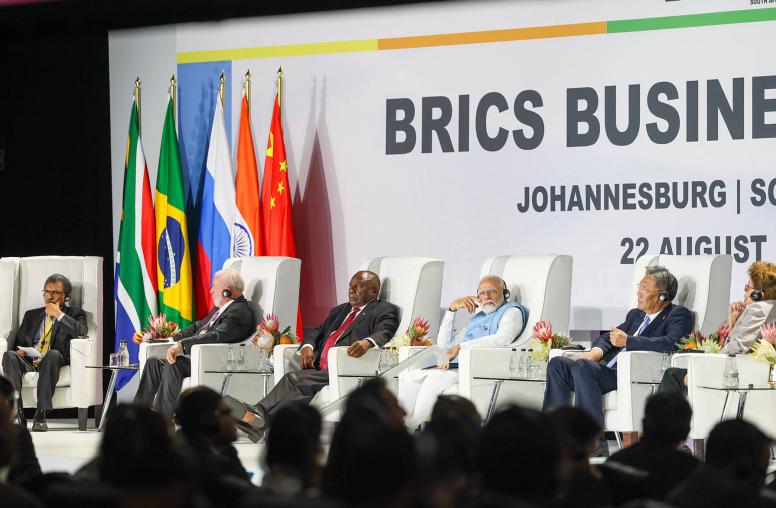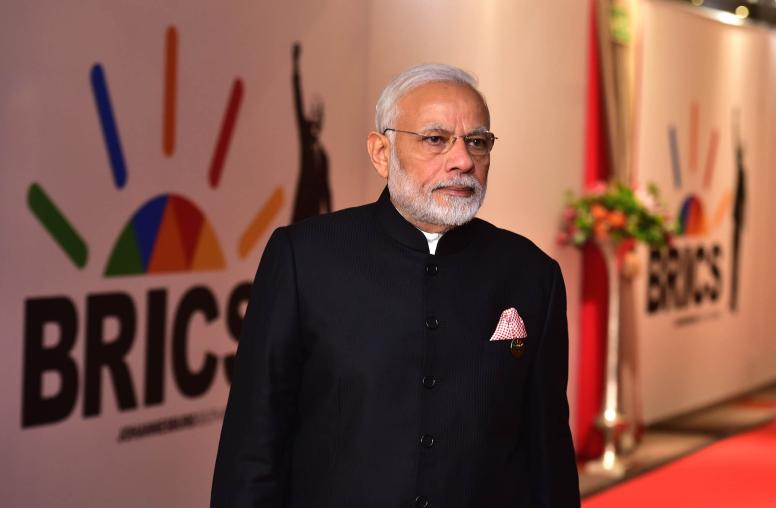The 2021 India-Pakistan Ceasefire: Origins, Prospects, and Lessons Learned
The February 2021 ceasefire between India and Pakistan along the Line of Control in Kashmir has—despite occasional violations—turned into one of the longest-lasting in the countries’ 75-year shared history. Yet, as Christopher Clary writes, the ceasefire remains vulnerable to shocks from terrorist attacks, changes in leadership, and shifting regional relations. With the ceasefire approaching its third anniversary, Clary’s report examines the factors that have allowed it to succeed, signs that it may be fraying, and steps that can be taken to sustain it.

Summary
- On February 25, 2021, India and Pakistan announced a ceasefire along the Line of Control (LOC) that divides the Indian- and Pakistani-administered parts of Kashmir. It has proven to be the most enduring confidence-building measure between the two countries since 2016 and the most enduring attempted LOC ceasefire in more than a decade.
- Without ceasefires in place, the LOC has been among the world’s most violent areas, with civilians often paying the price for hyperlocal violence that rarely has an operational or strategic purpose. As media environments in India and Pakistan become increasingly sensationalist, even such localized violence may escalate.
- Two factors appear essential for an enduring LOC ceasefire: senior level buy-in in both capitals and a heightened third-party threat faced by at least one of the rival states.
- Despite its endurance, the 2021 ceasefire remains fragile and vulnerable to events and circumstances such as terrorist attacks, changes in political or military leadership, and shifting regional relations.
- Prospects for bolstering the ceasefire include reopening overt dialogue channels, institutionalizing normalcy on the LOC, and exploring other military confidence-building measures.
About the Report
This report examines the durability of the February 2021 ceasefire between India and Pakistan along the Line of Control in Kashmir in the context of previous ceasefire attempts—in 2000 and 2001, 2003, 2013, and 2018—between the countries. The report also discusses how the current ceasefire could lead to improved India-Pakistan relations and provides recommendations for policymakers to reinforce the ceasefire. The report was commissioned by the South Asia Program at the United States Institute of Peace.
About the Author
Christopher Clary is an associate professor of political science at the University at Albany, State University of New York. His research focuses on the sources of cooperation in interstate rivalries, the causes and consequences of nuclear proliferation, US defense policy, and the politics of South Asia. He is the author of The Difficult Politics of Peace: Rivalry in Modern South Asia, published by Oxford University Press in 2022.



